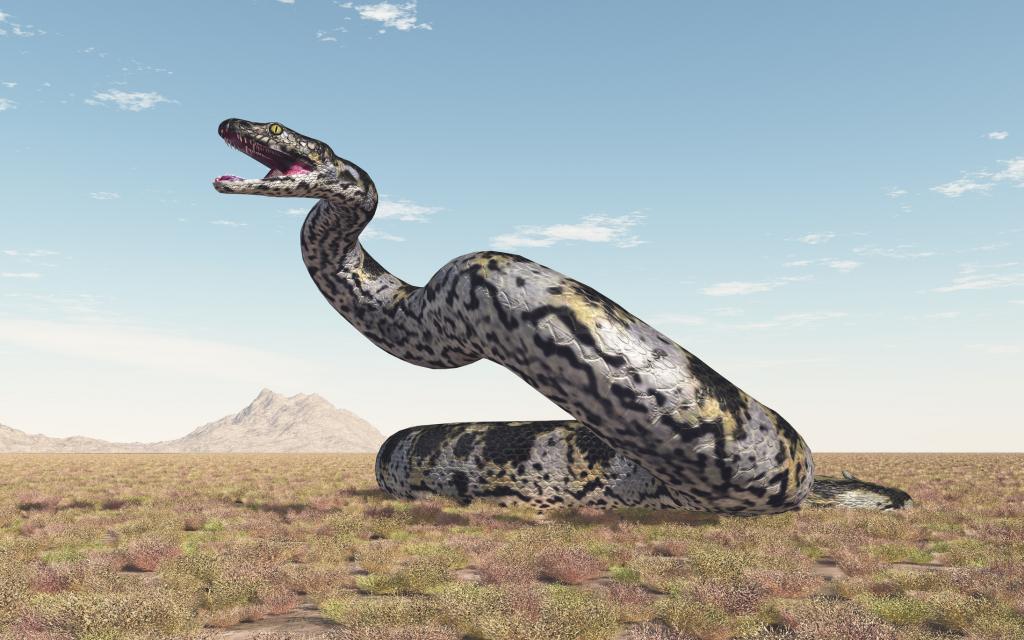20/04/2024
20/04/2024

INDIA, April 20: In a groundbreaking discovery, paleontologists have unearthed fossilized vertebrae in a lignite mine located in Panandhro, western India. These remarkable remains belong to one of the largest snakes to have ever roamed the Earth, estimated to measure up to 15 meters in length – surpassing even the mighty Tyrannosaurus rex in size.
Led by Debajit Datta, a postdoctoral researcher in palaeontology at the Indian Institute of Technology Roorkee, the scientific team has identified the prehistoric serpent as Vasuki indicus. Comprising 27 vertebrae, with some preserved in their original positions, this ancient reptile is believed to have resembled a colossal python and would not have possessed venomous traits.
Vasuki indicus thrived in a marshy swamp environment near the coast during a period of heightened global temperatures. Scientists speculate that this massive snake, weighing around 1 tonne, employed a slow-moving ambush strategy akin to anacondas and pythons, relying on constriction to overpower its prey.
Due to the incomplete nature of the fossilized remains, researchers have provided a length estimate ranging from 11 to 15 meters, with an approximate weight of 1 tonne. Named after the snake king associated with the Hindu deity Shiva, Vasuki indicus shares its colossal proportions with another ancient serpent, Titanoboa, discovered in Colombia in 2009.
While Vasuki indicus and Titanoboa bear similar dimensions, differences in vertebrae size hint at potential variations in body mass. Despite this, both serpents rank among the largest snakes ever recorded, with their existence dating back to the Cenozoic era following the demise of the dinosaurs.
The discovery sheds light on the evolutionary history of snakes, particularly the Madtsoiidae family to which Vasuki indicus belongs. These formidable creatures once roamed vast regions, spreading from India through southern Eurasia and into North Africa before facing extinction approximately 12,000 years ago.
Reflecting on the significance of the find, Datta emphasized the peaceful nature of snakes, highlighting their vital role within ecosystems. As researchers continue to unravel the mysteries of prehistoric life, Vasuki indicus stands as a testament to the awe-inspiring diversity of Earth's ancient inhabitants.


